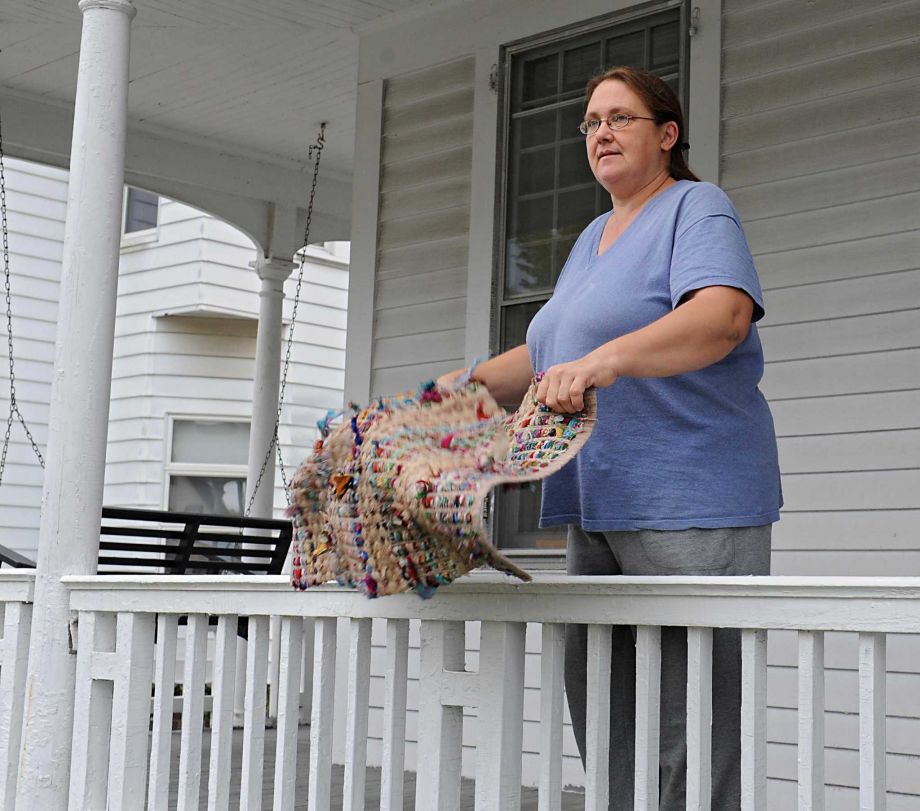By Lindsay Ellis
Times Union, Albany, N.Y.
TROY
Catherine Ricker has been cleaning for more than a decade, but she recently linked her services to a new area incubator that allows her to work with a safety net.
If her car breaks down, she can call to ask for a ride to a client. If she’s working late for her small business, Aunt Margie’s Cleaning Service, a team member can watch her son, who is 9.
“I can call them to lend a hand,” she said.
This incubator is Margination, Inc., a nearly two-year-old nonprofit that aims to develop businesses and create jobs in Troy’s low-income neighborhoods.
The organization, with help from partners like area accounting and law firms, provides support to three Troy small business owners, including Ricker.
Right now, Ricker has six or seven customers, she said. Most pay her to clean their homes and one is a commercial property that Margination found, she said.
Margination will assist its businesses, which also include a day care center and an architectural restoration company, with tasks like legal work and human resources. Three low-income women are running the businesses, which do not pay for the support, said Margination’s executive director, Jesse Marshall. The nonprofit hopes successful small businesses will employ other neighborhood residents to help them work their way out of poverty.
Marshall said he hopes the organization may one day act as a larger support system by finding and developing affordable housing for entrepreneurs, for example, and establishing a base with meeting, event and retail spaces. If the businesses succeed, they can employ other area residents, feeding jobs and money into the city, he said.
Eventually, Marshall said, after a three- to six-month incubation stage, Margination will use a revolving loan fund for entrepreneurs. Margination is raising money to subsidize that process and current operations now, Marshall said.
Big players in the Capital Region are lending their support. Wojeski and Company, in East Greenbush, is providing tax and accounting services for the nonprofit and the entrepreneurs, Siena College in Albany has dispatched student fellows and Albany’s Nixon Peabody LLP offers pro bono legal services.
Operating in North Central Troy, an area of the city with deep poverty, unemployment and crime, Margination supports businesses that provide services to customers in affluent communities. The money the businesses earn supports jobs based in Troy, Marshall said.
Margination aims to raise $60,000 from supporters for its $300,000 physical incubator. Remaining money may come from the Community Loan Fund of the Capital Region, which asked Margination to apply for funding.
“The model they have, we think, is unique to the area,” said Dorian Wells, the Community Loan Fund of the Capital Region’s nonprofit lending officer.
Incubation experts said the company’s focus on helping businesses in a disadvantaged neighborhood sets it apart from other incubators that largely boost technology startups.
Incubating small businesses that fill a community need is uncommon but effective, said Jeffrey Shepard, who has researched incubators and founded Pathways to Entrepreneurial Success, a National Center of Innovation and Entrepreneurship program. “It will enable the entrepreneur to have the ability to gain access to resources they wouldn’t traditionally have access to,” he said.
Small-business incubators outside of tech and entertainment have an uphill battle, said Robert Bridges, an assistant professor of clinical finance and business economics at the University of Southern California’s Marshall School of Business.
“If you’re just going to an inner city and try to do startups there, and the startups are basically just startups of old business models, you’re really trying to reinvent something that either does exist or has failed,” he said, noting that with a solid business plan and funding, as well as community support, small-business incubators can find success.
But Marshall said helping low-income entrepreneurs — as well as the collaboration potential between companies — will set his organization apart.
“We’re really focused on service- and product-based businesses that are accessible to the working folks,” he said. “We’re filling this hole for a population that isn’t getting this kind of support.”














































































































































































































































































































































































